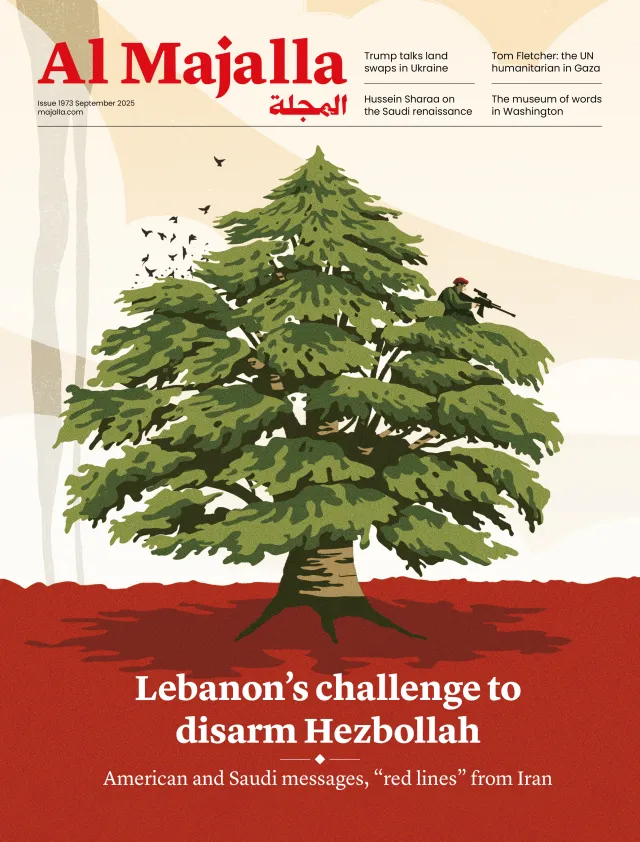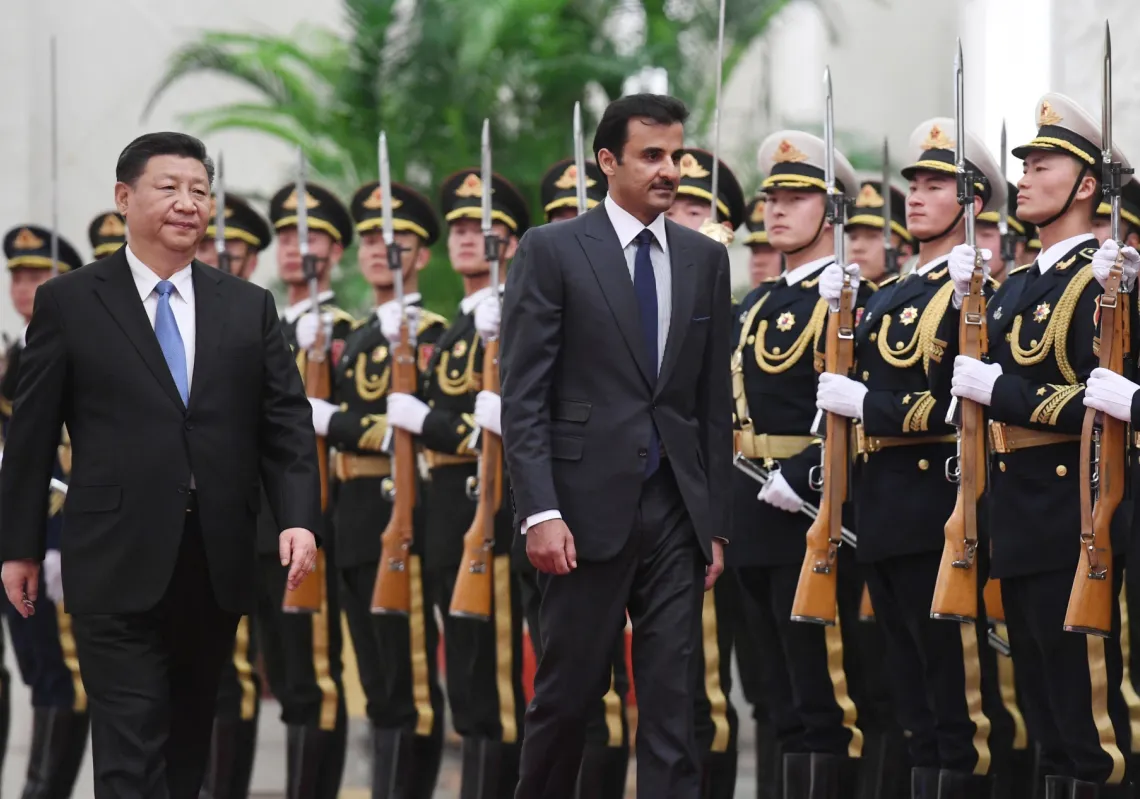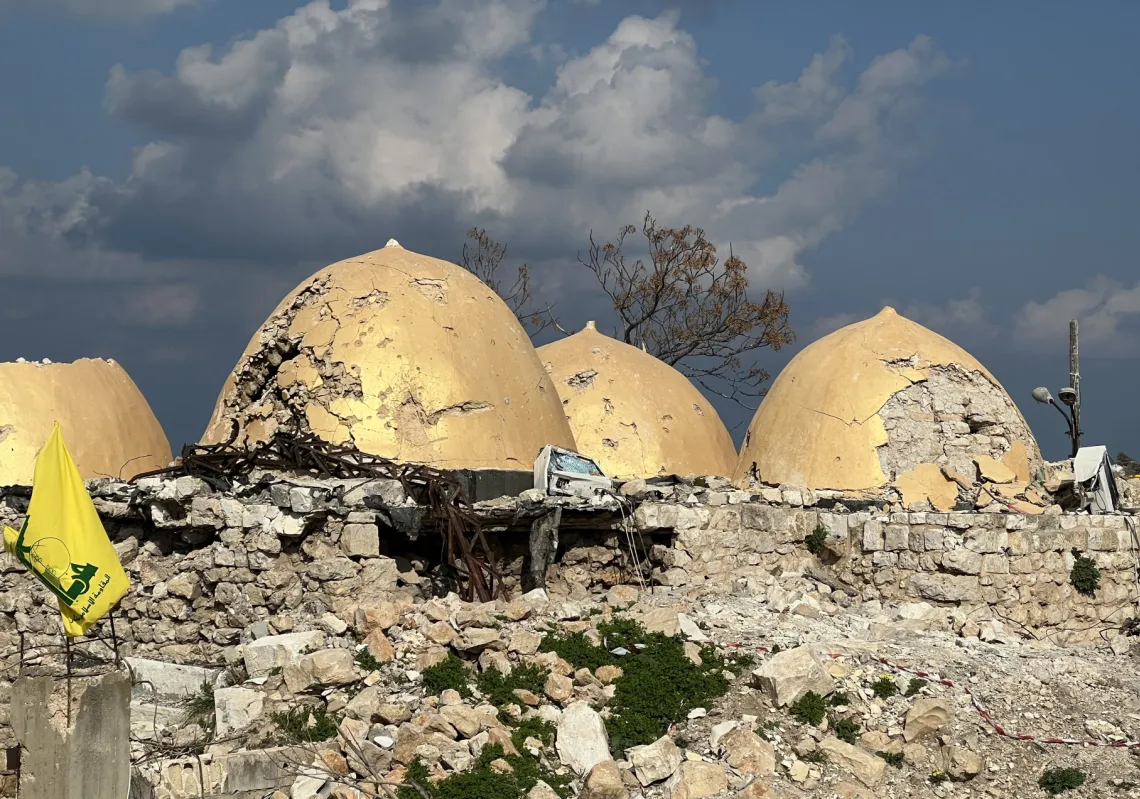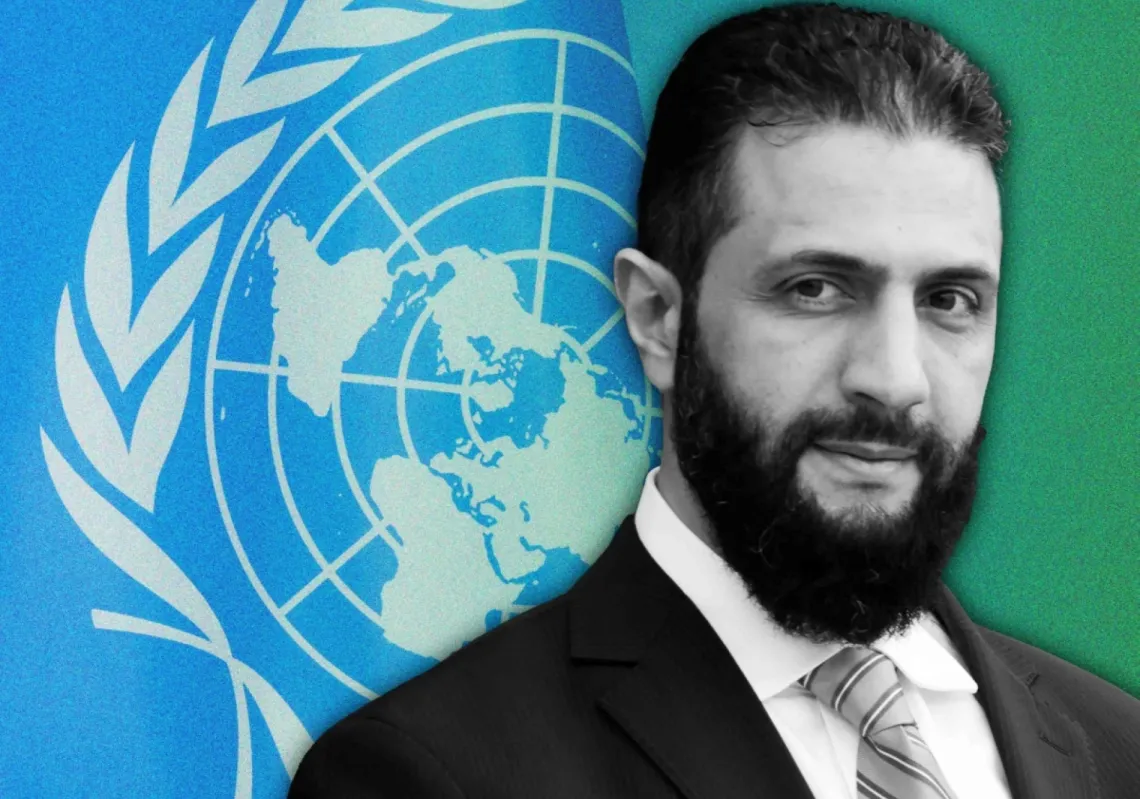The Haqqani network, an independent insurgent group based in Afghanistan and Pakistan with ties to both the Taliban and Al-Qaeda, has come to personify the very challenges that these extremist organizations represent to establishing security in the region.
Having claimed responsibility for the attack on the Chapman CIA base in Afghanistan on 30 December 2009 alongside numerous other attacks since, the Haqqani network has been the target of American forces for some time.
The organization, which was run until recently by the infamous mujahid, or Muslim fighter, Jalaluddin Haqqani, has raised a number of familiar controversies for the allied forces that now consider him and his network the enemy: How has a once reliable ally in the fight against the Soviet occupation in Afghanistan become a major source of insecurity? And to what extent does this current enemy ally itself with Pakistan?
At the center of the recent Wikileaks controversy was the realization that in the Afghan conflict, it is difficult to know who your friends are. The efficiency with which the Haqqani network recruits, and the ruthlessness with which it attacks has clearly put them in an antagonistic category.
The Haqqanis are part of the Zadran tribe, and are based in the Paktia and Khost provinces in the east of Afghanistan. It is estimated that the network has anywhere between 4,000 and 12,000 Taliban fighters under its command. Although technically Jalaluddin and his son Sirajuddin, who has taken over leadership of the organization, are members of the Afghan Taliban based in the Baluchistan Province in Pakistan, the Haqqani’s power and influence is such that to a degree they operate independently of Mullah Omar.
Mawlawi Jalaluddin Haqqani’s life gives some insight into the doctrinal identity as well as the key relationships of the Haqqani network. Jalaluddin was originally part of the mujahideen leaders that created Hizb-e-Islami. Once the group disbanded, Haqqani followed Yunis Khalis, becoming a powerful commander in Hezb-e-Islami (Khalis). It was in his capacity as a former anti-soviet resistance commander that he developed ties to Pakistan and established a base in Miram Shah.
Haqqani would also during this time receive support from both the CIA and Pakistan’s Inter-Services Intelligence Directorate, the ISI, allowing him to build a significant militia force.
According to The New Yorker writer and Middle East expert Steve Coll, during the 1980’s whilst receiving training and military aid from the CIA in return for his work fighting the Soviet army, Haqqani aided and protected Osama Bin Laden who was pursuing a similar operation.
Later in the 90s, although Haqanni had not been an original member of the Taliban, just prior to the Taliban’s occupation of Kabul he swore his allegiance to them. For a year thereafter he served as a Taliban military commander. Following this appointment, Haqqani senior served as the minister of Borders and Tribal Affairs and as governor of Paktia province. After the US invasion, Haqqani returned to the position of military commander for the Taliban.
In terms of ideological influence, it is believed that Haqqani’s radical Islamist principles follow the early teachings of the Muslim Brotherhood in Egypt. In either case, the religious extremism that motivates the Haqqani network is behind a number of madrassas and training camps in North Wazirstan run by Haqqani and his son. It has also been argued that the influence of Al-Qaeda’s teachings have been significant in his strategies, particularly through the use of suicide attacks, as these were unheard of in Afghanistan prior to American occupation.
Today, the Haqqani network has been taken over by Sirajuddin, who, according to US military, expanded his father’s connections with foreign financing and fighters.
“His close connections with Al Qaeda have enabled him to accumulate more financial support from Middle Eastern countries and have created a larger recruiting pool of fighters from other countries,” said public relations officer Sergeant Dinneen in a New York Times article dated 17 June 2008.
But what about Pakistan? Given Jalaluddin’s history with Pakistan it is no wonder that questions are being raised regarding his network’s current relationship to the military. According to the same New York Times article, the network has for a long time been used as a proxy in Pakistan’s war against India, and has “remained virtually untouched by Paksitan’s forces in their redoubt inside Pakistan, even as Americans have pressed for an offensive against it.”
Similarly, the US military has claimed that the Haqqani group currently draws most of its financial support from Pakistan, Al-Qaeda and other Arab networks. Although Pakistan denies such claims, Sirajuddin Haqqani has in recent interviews implied that the alleged relationship with Pakistan is true. In a March interview with Reuters, he argued that “his family had support and influence in Pakistan’s Pashtun belt after being based there while fighting the Soviets.” Yet in a more recent interview with The Daily Beast, Sirajuddin denied their direct sponsoring of the Afghani insurgency although he included a disclaimer saying “Look, we’re at war and would like to get aid from anyone to fight against the U.S. and its allies who invaded our homeland.”
If Wikileaks and American intelligence are right, why does Pakistan keep the Haqqani network as an ally if this relationship creates problems for their interaction with the United States? In addition to the network’s role in fighting India, strong speculation suggests that a negotiation with the Taliban may have to include the Haqqani network. For Pakistan, the regional influence it could secure if it maintained strong ties to a negotiating party seems a more valuable option than breaking ties with the Haqqani insurgency while American efforts in Afghanistan continue to struggle.
However, the prospects for negotiations are currently bleak as the Taliban has repeatedly stated that they are committed to attaining a military victory. Moreover, the inclusion of the Haqqani network in such a negotiation could stand to further undermine American interests. Not to mention that the Haqqani network itself is very antagonistic to the Afghan government and would be very unlikely to come to terms with a deal that included them. A March 2008 video of Haqqani senior following the taping of a suicide attack said of the war in Afghanistan “We will fight them with patience…This is not a battle of haste; this is a battle of patience. If a strong animal fights with a small and weak animal, the big animal uses all its power, not against the enemy, but against itself.”







